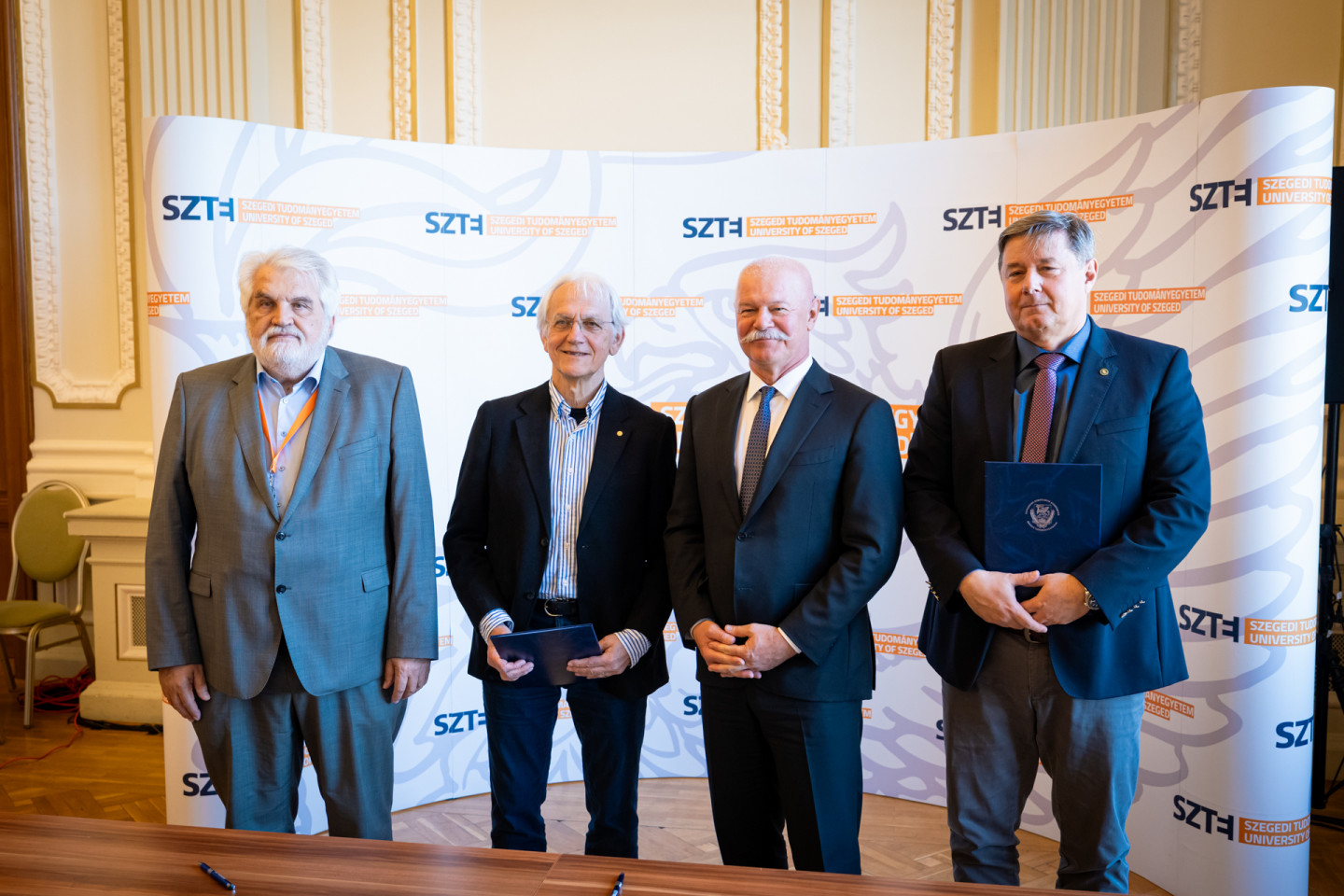The University of Szeged has taken a significant step towards enhancing its knowledge platform by entering into a research professorship agreement with the esteemed French Nobel Prize-winning physicist, Gérard Mourou. This collaboration, announced by Minister for Culture and Innovation János Csák on his Facebook page, exemplifies the government's ambition for Hungary to become a leading knowledge platform country. By attracting outstanding foreign researchers like Mourou, Hungary aims to bolster its research and innovation capabilities.
The University of Szeged (SZTE) has a track record of fostering meaningful partnerships with Nobel Prize-winning scientists. Notably, Katalin Karikó recently delivered her inaugural lecture at the university, while Ferenc Krausz is deeply engaged with the ELI-ALPS Research Institute in Szeged, a global leader in ultrashort pulse laser research. Now, with Mourou joining forces with SZTE and ELI, this collaboration is poised to advance scientific endeavors even further.
Professor Mourou's focus on research at the National Laser Transmutation Laboratory at ELI-ALPS, aimed at reducing the half-life of nuclear waste, is of particular significance. At his recommendation, Transmutex, a startup operating alongside Switzerland's CERN institute and dedicated to researching new-generation nuclear energy production and waste processing, is also set to collaborate with ELI.
Nuclear energy stands to play a pivotal role in Europe's transition to green energy, and Hungary has the potential to lead in nuclear research. The country boasts unique physical infrastructures, such as the research reactor at the HUN-REN Energy Research Center and the educational reactor at BME, along with robust research and industrial capabilities.
These aspirations align closely with the objectives outlined in Hungary's innovation strategy, the János Neumann Program. The strategy aims to foster research careers, create appealing opportunities for researchers, retain talented youth within Hungary, and attract exceptional foreign researchers to the country. The exemplary work of individuals like Katalin Karikó, Ferenc Krausz, and Gérard Mourou sets a high standard for future researchers to follow.





